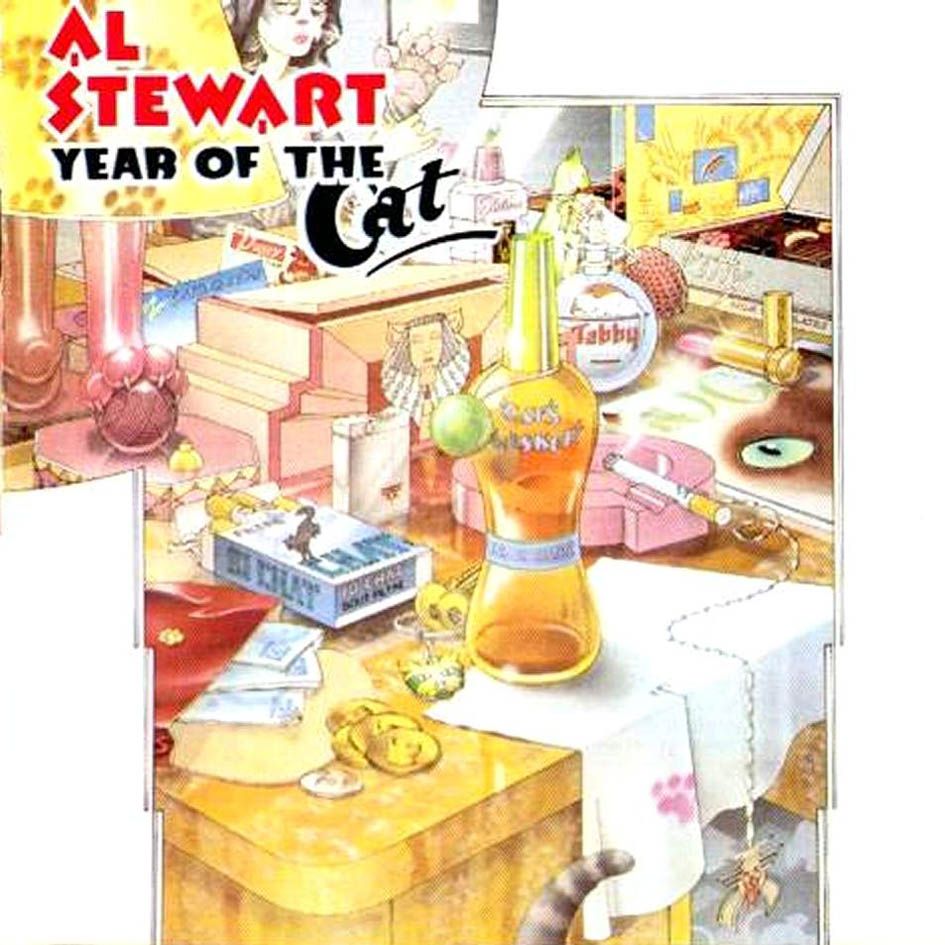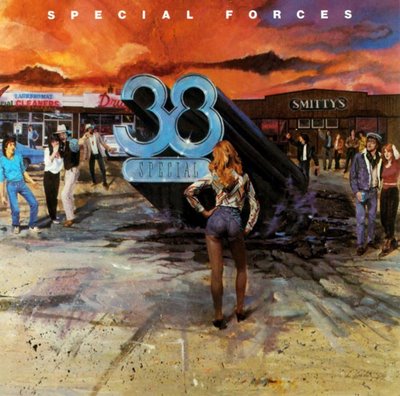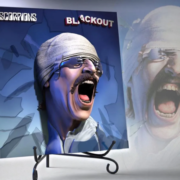Al Stewart- Year of the Cat
On the eve of the July 1976 release of his seventh album, Year of the Cat, Al Stewart’s career arc could have borrowed the title from the Academy Award-winning documentary Twenty Feet from Stardom. Right from the beginning in my rare classic rock interview, Stewart might seem to be name-dropping big time. Except it’s all true: sneaking backstage during a 1963 Beatles concert and talking with John Lennon; rooming in London next to Paul Simon; befriended in the London coffee house scene by an unknown Cat Stevens; mc’ing at a London nightclub when another unknown, an American named Jimi Hendrix, decided to play his guitar with his teeth. Yet being witness repeatedly to rock history apparently accounted for nothing when Al Stewart’s seventh album, Year of the Cat, was unceremoniously turned down by every major UK record label.
It was a sunny cloudless autumn morning in 1988 outside a modest house perched high on the Southern California hillside above Malibu Beach and the Pacific Ocean. The owner of the house answered my knock still dressed in his bathrobe, vertically striped like Joseph’s biblical coat of many colors. Clearly I had surprised my interview subject with an earlier than anticipated arrival, but Al Stewart grinned and graciously let me invade his Saturday morning tranquility. At that time it was only the tenth anniversary of the second of his back-to-back multimillion-selling albums, Time Passages, which like its predecessor, 1976’s Year of the Cat, was produced by Alan Parsons just as Parsons launched his own career as a recording artist.But these mainstream hits by Al Stewart were far from his first attempts, coming instead after making no less than six albums, the first four of which were practically ignored. Not until 1973’s Past, Present, and Future and “Roads to Moscow”, with its eight minute historically-based first person World War II narrative through the eyes of a young Russian soldier who had repelled the Nazi German tank invasion, did Al Stewart gain U.S. airplay. “I actually failed history class, at the most basic level. I did,” confesses Al ironically.
The song “Carol” from 1975’s Modern Times mid-charted as well, but with the title song to Year of the Cat and “On the Border” in 1976, followed by “Time Passages” and “Song on the Radio” two years later, Al Stewart became an unlikely mainstream hitmaker about as far removed from his humble mid-‘60s London Soho coffeehouse roots as one could ever imagine. – Redbeard









